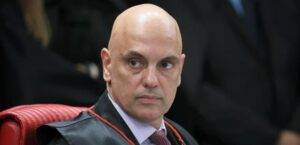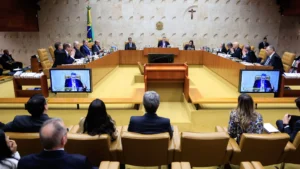By Instituto Sivis
In recent weeks, President Jair Bolsonaro has repeated his attacks against democratic institutions and procedures. The most recent facts are widely known, such as participation in demonstrations calling for the return of Institutional Act No. 5 (AI-5) and against the Supreme Federal Court (STF) and the National Congress, as well as intervention in the Federal Police with the objective to interfere in investigations, which culminated in the resignation of the then Minister of Justice and Public Security, Sérgio Moro. The two events are added to other performances with authoritarian inclinations on the part of the president, so that they no longer seem to produce the proper rejection.
After the astonishment of the statements made by Bolsonaro in front of the Army Headquarters and the Palácio da Alvorada, or Moro’s account of the interferences in the Ministry of Justice, the scenario seems to move towards accommodation. The president’s support among the population does not appear to have suffered significant shocks. More than that, the Bolsonaro government starts to use expedients that have been widely criticized by the president and his supporters previously, like the composition with parliamentarians of the so-called centão, in the quest to restore governance through physiological relations. Thus, the “new policy” uses the expedients it promised to end, allying itself with the same politicians condemned or investigated for corruption in previous governments.
A country does not reach this situation without the responsibility of the whole society and the political field. Despite the consensus of much of the nation that attempts to undermine the democratic regime are unacceptable, there is a clear need to deepen a political culture consistent with democracy to ensure that no movement with the potential to erode democracy succeeds. Only severe deficits in democratic culture allow the succession of events that we are witnessing – and there is no way out of the vicious cycle without substantive transformation in political culture, making it as democratic as possible.
In this sense, the data from the Local Democracy Index (IDL), developed by the Sivis Institute and applied in São Paulo last year, indicates that 52.8% of Paulistanos who express a preference for democracy would accept relativizing the regime in crisis situations. Current events are illustrative of this result, indicating the dangerous impacts of combining low levels of democratic culture with leaders willing to test the regime’s limits.
The losses generated by such a combination affect different aspects of life in society. Disregard for the rule of law is associated with an environment of obstruction to the debate and natural criticisms of a democracy. The gradual process of building enemies, which does not hesitate to present the fundamental institutions for the balance of Powers in this position, tends to accentuate recurrent deficits in Brazilian democracy, increasing its wear and tear to unacceptable levels.
The Sivis Institute understands democracy as a complex system, which is influenced by the fundamental and indispensable role played by institutions. Considering only the institutional dimension, however, is insufficient to explain and transform the characteristics of our political regime. That is why it is imperative to develop a truly democratic culture.
The construction of a democratic culture depends, therefore, on the commitment of the entire population. In this sense, it is essential that the country’s political, economic, academic and media elites join ranks in defense of democracy, joining forces for the preservation of the rule of law, in order to reinforce a sentiment that spreads to society in general. Individuals in leadership positions do not have the option of omitting to build a more democratic country, especially in situations of aggravated political, economic and public health crisis like the one Brazil is currently facing.
Containing threats of democratic erosion and preventing other similar intentions in the future can be achieved only within democracy itself and with respect to the rule of law. This movement goes through a change in the mentality of Brazilian citizens in relation to politics and the political system, so that there is no room for adventures that put the democratic regime at risk. Only democracy allows the full flourishing of citizens and the development of a nation, while ensuring respect for the intrinsic dignity of each individual. There is no way to a more prosperous and collaborative country outside the democratic regime and, to preserve and deepen it, the commitment of the whole society is essential.



